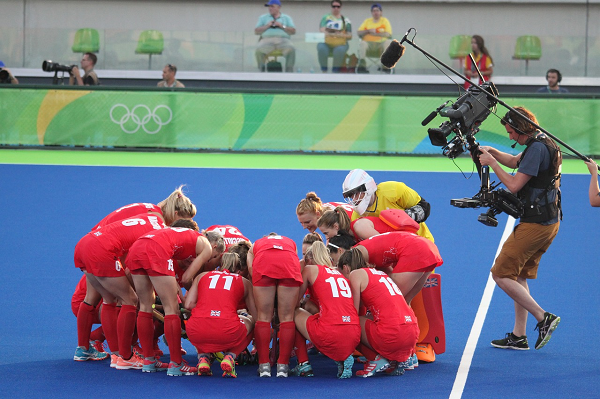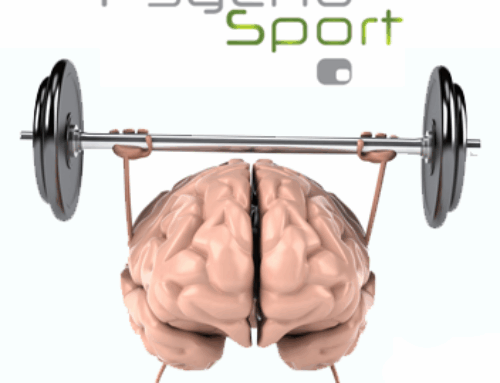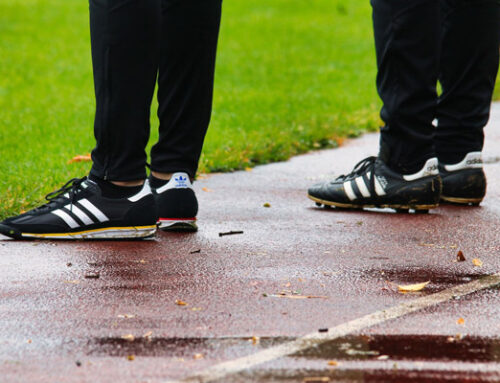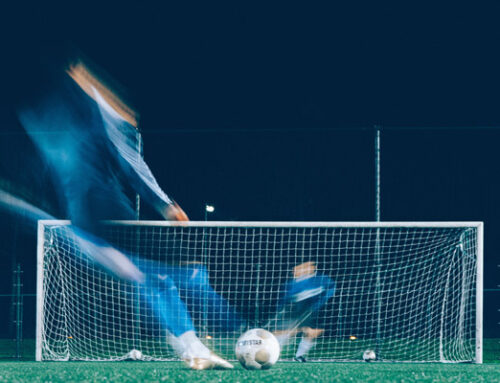This article is a continuation of the article “Mental Preparation in Hockey: Individual Aspects” and has been written by Manuel Dupuis, a sports psychologist who has been working as a mental trainer with hockey players and teams since 2003. This article is a result of his personal experience and is not exhaustive.
Mental Aspects in Hockey: Collective Aspects
Here are some frequently encountered elements within my practice that I address individually and/or collectively:
Team Cohesion in Hockey
It’s important to emphasize that team cohesion in hockey is a crucial factor for group performance. Often worked on in hockey, it needs to be continuously maintained by the coach, players, and the entire staff. It can sometimes be challenged by changes in coaches, players, or staff members, by gaps in shared goals and values within the group, by lack of homogeneity, or by interpersonal conflicts. Also, difficulties in facing adversity or defeat can compromise team cohesion.
Leadership or Leader Skills in Hockey
Developing leadership skills is essential: positive and effective communication with teammates, motivation, ability to bounce back after a failure, skills to positively influence the group (building confidence, managing stress, motivating, etc.). Working with leaders on these aspects in small groups and/or individually is beneficial. Of course, a crucial leader is the coach (head coach, assistant coach, physiotherapist, etc.) with whom the mental trainer should ideally collaborate.
Positive Communication in Hockey
This is practically always trained, both at an individual level with hockey players and with coaches. It’s fundamental for everyone to express themselves, find their place, assert themselves within the team (and therefore gain confidence in their play), and transmit important information. It also helps infuse positive and constructive dynamics within the team, especially in challenging moments (bad phase of play, conceded goal, etc.). It’s important in such cases to manage frustrations and collectively bounce back, mainly through positive and effective communication that helps maintain focus and activate self-confidence.
Team Mental State in Hockey
Self-confidence, competitiveness, stress management, and motivation are elements that can be nurtured or improved. They are crucial for achieving performance, which can sometimes be compromised in failure situations like defeat or unexpected setbacks during a match. Mental preparation is also necessary for significant matches, such as those with promotion or relegation at stake.
Approaches to Team Mental Coaching in Hockey
Collaboration with the Coach and Coach’s Coaching
Sometimes, working specifically with the coach or in addition to working with players is necessary. Coaching the coach involves developing their potential in motivating players, building their confidence, effective communication during coaching sessions, group management, and also working on their own mental well-being. It’s evident that a coach who is confident, mentally well-prepared, and capable of managing emotional or stressful moments will perform better in their role.
Read the article on coach’s coaching.
Finally, it’s essential to underline that implementing mental preparation sessions with players within a team can only be effective through active collaboration with coaches, with whom the action plan is defined.
- Leadership Development
Mental training of leaders is important. By “leader,” I mean a player or staff member who can have a positive impact on the team psychologically (motivating, reassuring, helping others remain competitive in challenging times, etc.) and/or who can serve as an example for others. The mental preparation of these leaders is twofold. First, it involves reinforcing their own mental abilities: a mentally strong leader can better positively influence other players. Second, we work with them on leadership, especially communication, values, and fundamental rules of the group. - Group Mental Preparation
Certain sessions are organized for larger groups, where team cohesion is worked on through team-building activities or through immersion and engagement in the group’s common values. These sessions primarily aim to unite around common goals and bond the group. They also address specific mental skills, often concentration, self-confidence, and in case of matches with stakes, pressure management. - Talent Development
Certain football, hockey, and individual sports clubs implement projects aimed at developing players with potential, selected by the staff for their technical, physical, and mental qualities. By allowing them to supplement their training with mental preparation, these players have the “privilege” of benefiting from complementary tools to optimize their potential on the field, especially during matches.




